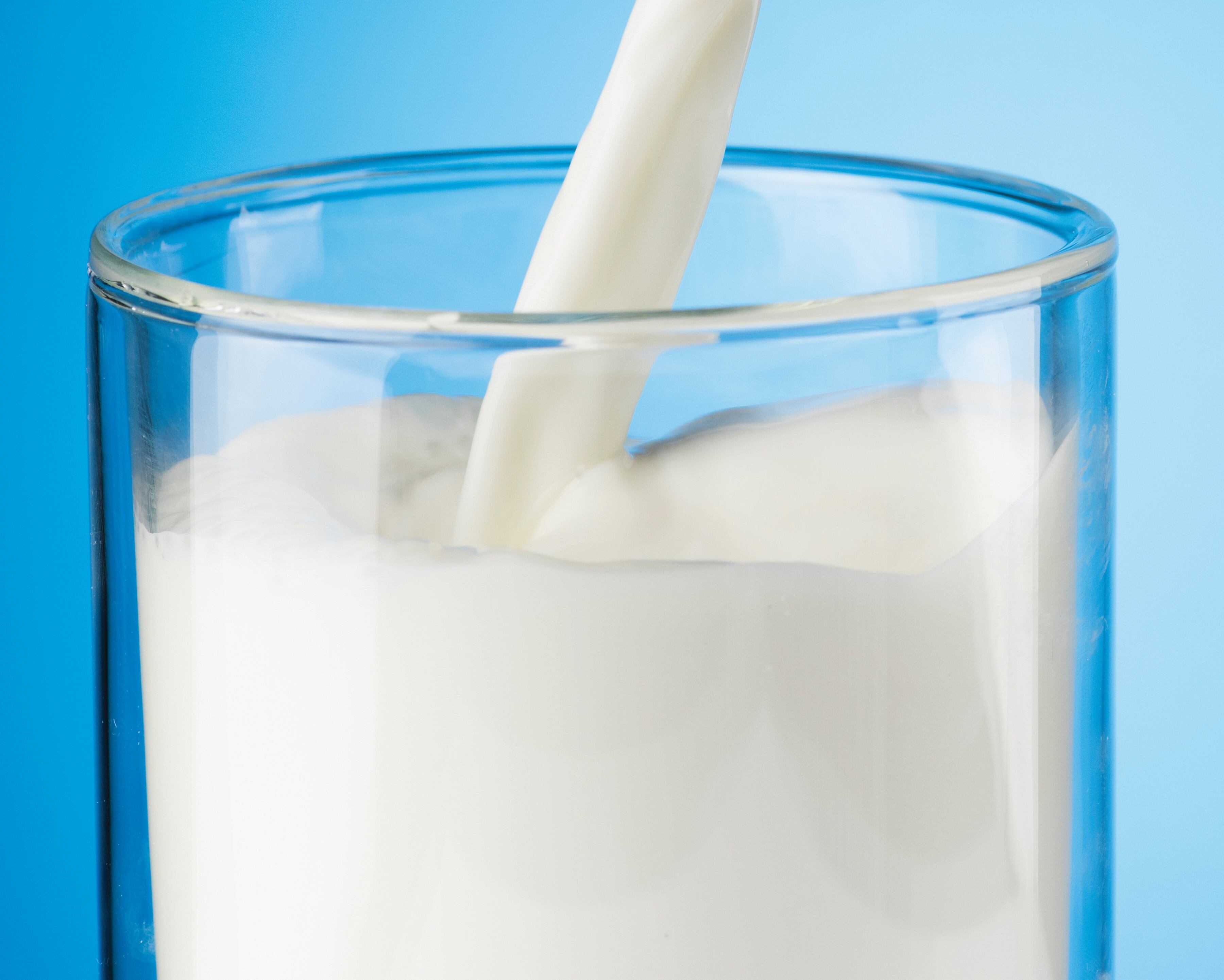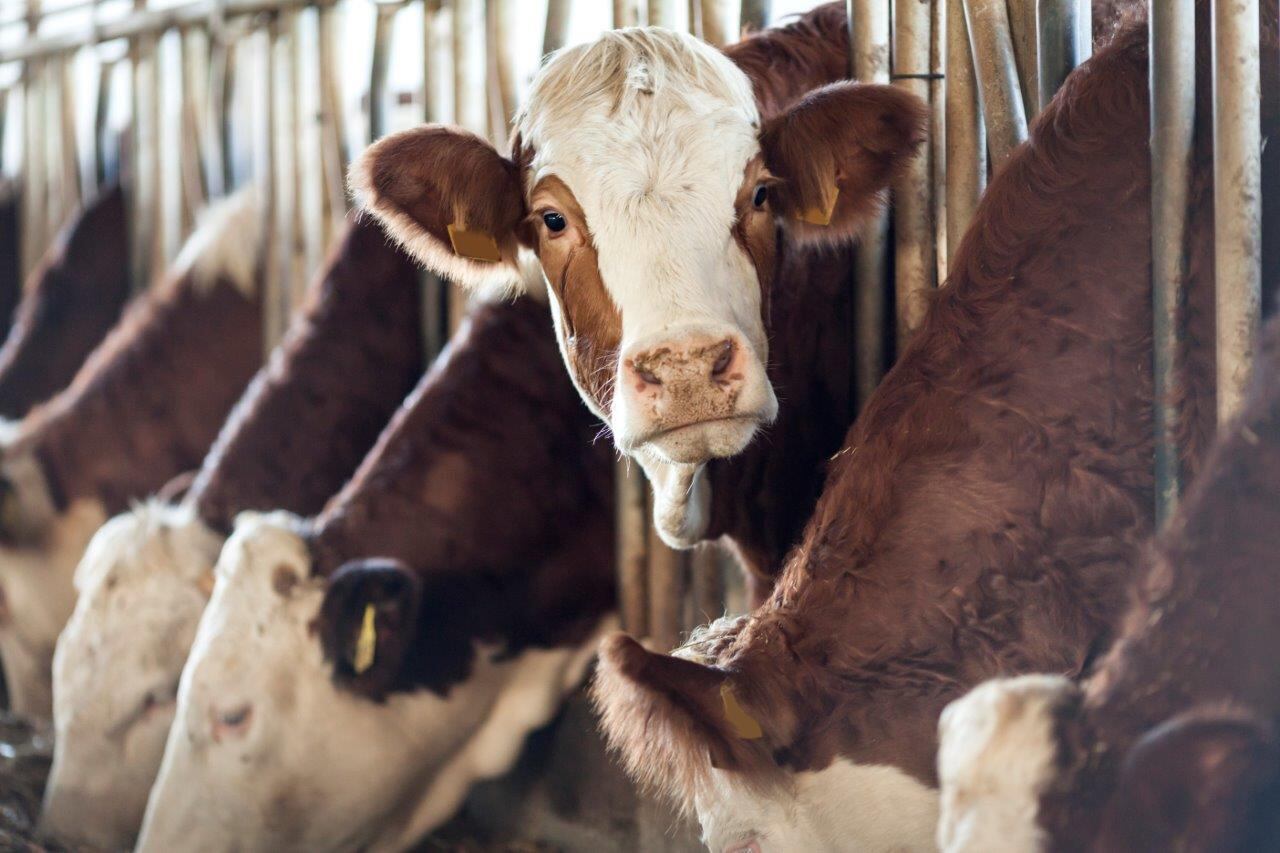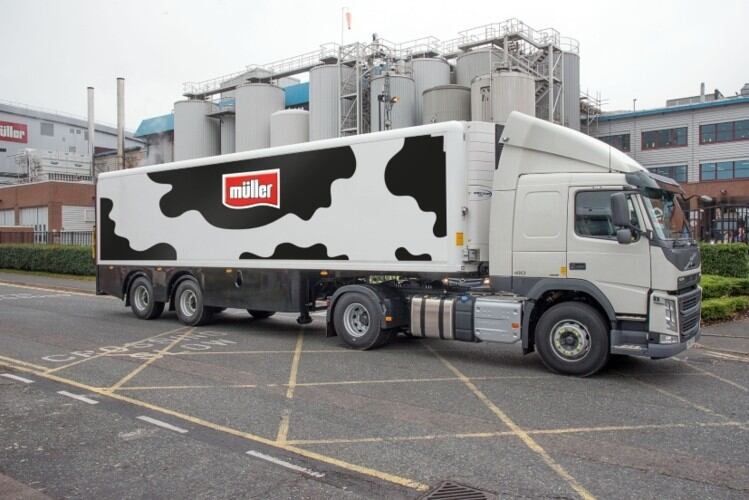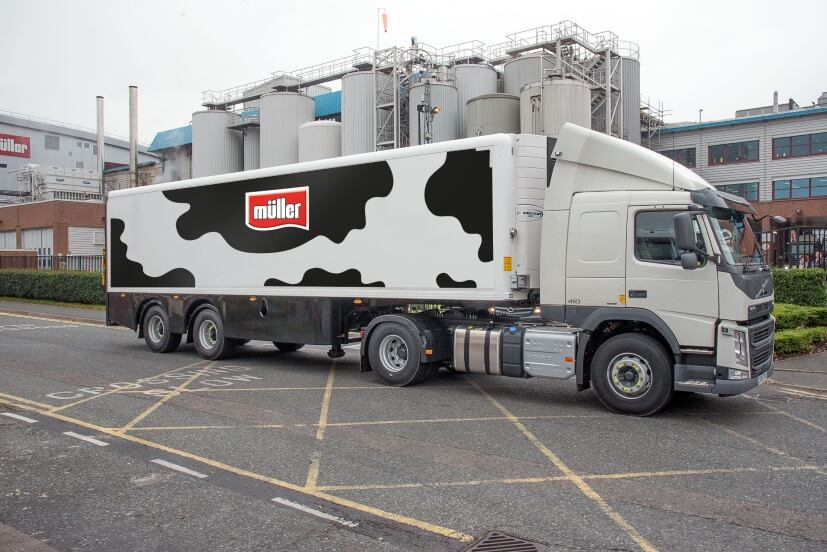The figures from Arla and Müller highlighted ongoing woes across the dairy manufacturing space, with commentators citing “chalk and cheese” issues at the firms.
Arla and Müller posted their financial results for the period ending 31 December 2018 earlier this week.
Both firms announced a dip in performance, reflecting continued problems for dairy manufacturers across the UK and Ireland, which analysts confirmed were “challenging” and “unlikely to go away”.
Müller posted a turnover of £1.9bn, down from £2.1bn the previous year. Operating profit before amortisation and impairment moved from £38m in 2017 to an operating loss before amortisation and impairment in 2018 of £17m.
Comprehensive business review
“Liquid milk continues to be challenging and we recently announced a comprehensive review of the business to deliver £100m of cost and margin improvements, called Project Darwin,” the firm told Food Manufacture.
“Amortisation decreased from £170.8m in 2017 to £82.3m in 2018. This is not a cash item – it reflects the gradual writing down of goodwill and intangible assets in line with accounting standards from the three partners – Müller Dairy, TM UK Production and Robert Wiseman and Sons.”
However, Müller remained bullish going forward, highlighting that more than £100m was invested in new capital projects, plant and machinery during 2018.
“Müller has had a fantastic yoghurt business, and has done for a long time,” Clive Black, director and head of research at Shore Capital told Food Manufacture.
“But it spent a lot of money on the Robert Wiseman acquisition and it has been something of a horror show for them, reflecting the wider dairy industry across the UK.
“In that respect, it will be taking a more long-term view of its business going forward.”
‘Little short of a disaster’
Julian Wild, corporate finance director at specialist law firm Rollits, added: “Clearly, the retail milk business focused, as they say, on a relatively small number of major multiples, has been little short of a disaster after the acquisition of Robert Wiseman and Dairy Crest’s liquid business. The issues are long-term trends and not going away.”
Arla’s assets in the balance sheet are almost unchanged at £298m for the period. Turnover is slightly up at £2.6bn against £2.5bn the previous year. However, gross profit is down from £302m in 2017 to £262m in 2018, resulting from a significant increase in the cost of sales.
That said, the firm’s performance indicates a stronger position in the sector as 2020 approaches.
“Arla’s accounts focus much more on external issues, such as Brexit, than internal matters, indicating a generally well-run and settled business,” added Wild. “In my view, it is in far better shape than Müller going forwards.”
Black agreed. “Arla has taken a more strategic, steady and considered approach, so in that respect it is chalk and cheese.”




